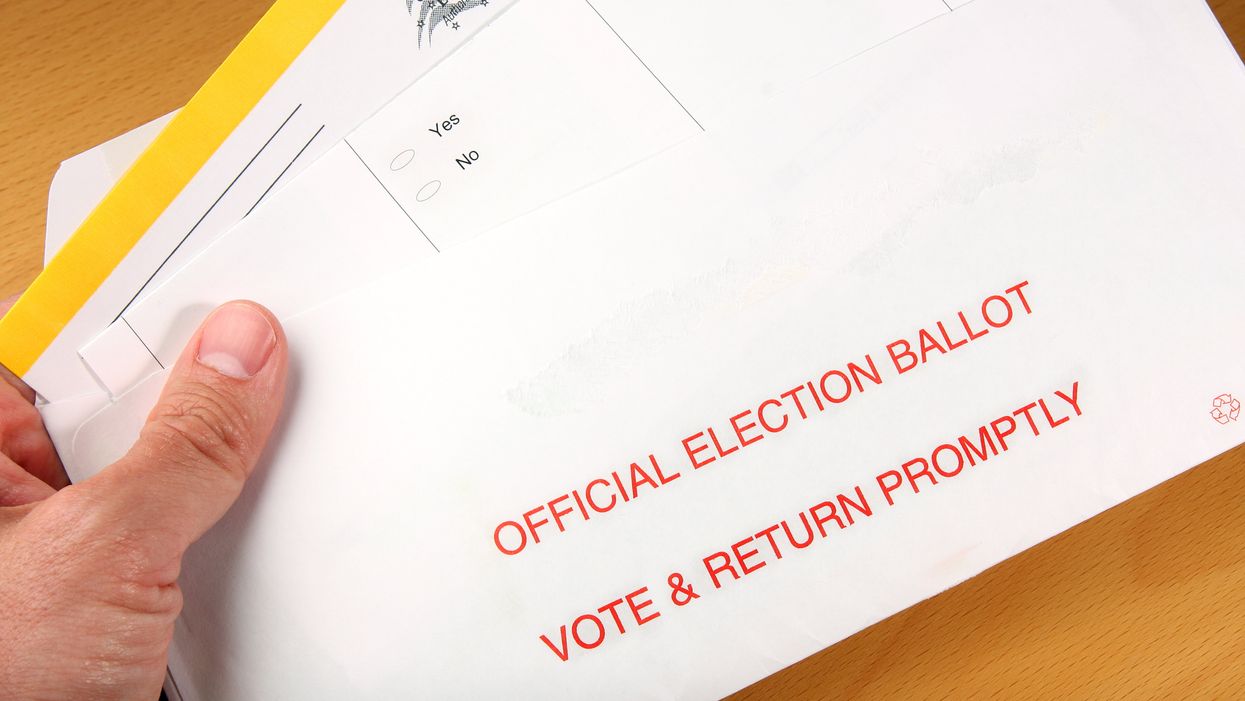An Arizona law banning a third party from returning another person's mail-in ballot was contrived to suppress minority voting in violation of the Voting Rights Act, a federal appeals court ruled Monday.
The practice of so-called ballot harvesting — often practiced by campaign volunteers and staff — was banned by the state's Republican-controlled Legislature in 2016 but later challenged in court on the grounds it was a deliberate attempt to stifle minority voters.
The lawsuit, filed by state and national Democratic party committees, also challenged Arizona's policy of discarding votes cast in the wrong precinct. The committees claims that is another voter suppression tactic.
On Monday, the 9th Circuit Court of Appeals agreed, ruling 7-4 that discarding out-of-precinct votes and banning ballot collection violated federal law and were a continuation of the state's long history of voter discrimination.
"For over a century, Arizona has repeatedly targeted its American Indian, Hispanic, and African American citizens, limiting or eliminating their ability to vote and to participate in the political process," Judge William Fletcher, a Clinton appointee, wrote in an opinion on behalf of the majority.
Arizona had been one of nine states whose election laws were entirely subject to federal oversight under the Voting Rights Act due to its history of voter discrimination. The preclearance requirement was effectively scrapped, however, in the Supreme Court's 2013 decision in Shelby County v. Holder.
Arizona Secretary of State Katie Hobbs, a Democrat, was among those who celebrated the circuit court's decision, calling it a "victory for Arizona voters."
Arizona is one of nine states that allow only a family member the ability to return a mail-in ballot on behalf of another. Alabama only accepts a hand-delivered mail-in ballot from the voter, making it the sole state with such a tight restriction.
Republicans have been critical of ballot harvesting in California, where last-minute deliveries of votes seemed to swing a number of U.S. House races to the Democratic column. And North Carolina was compelled to conduct a do-over on the race for 9th Congressional District following allegations of voter fraud related to ballot harvesting.




















Trump & Hegseth gave Mark Kelly a huge 2028 gift